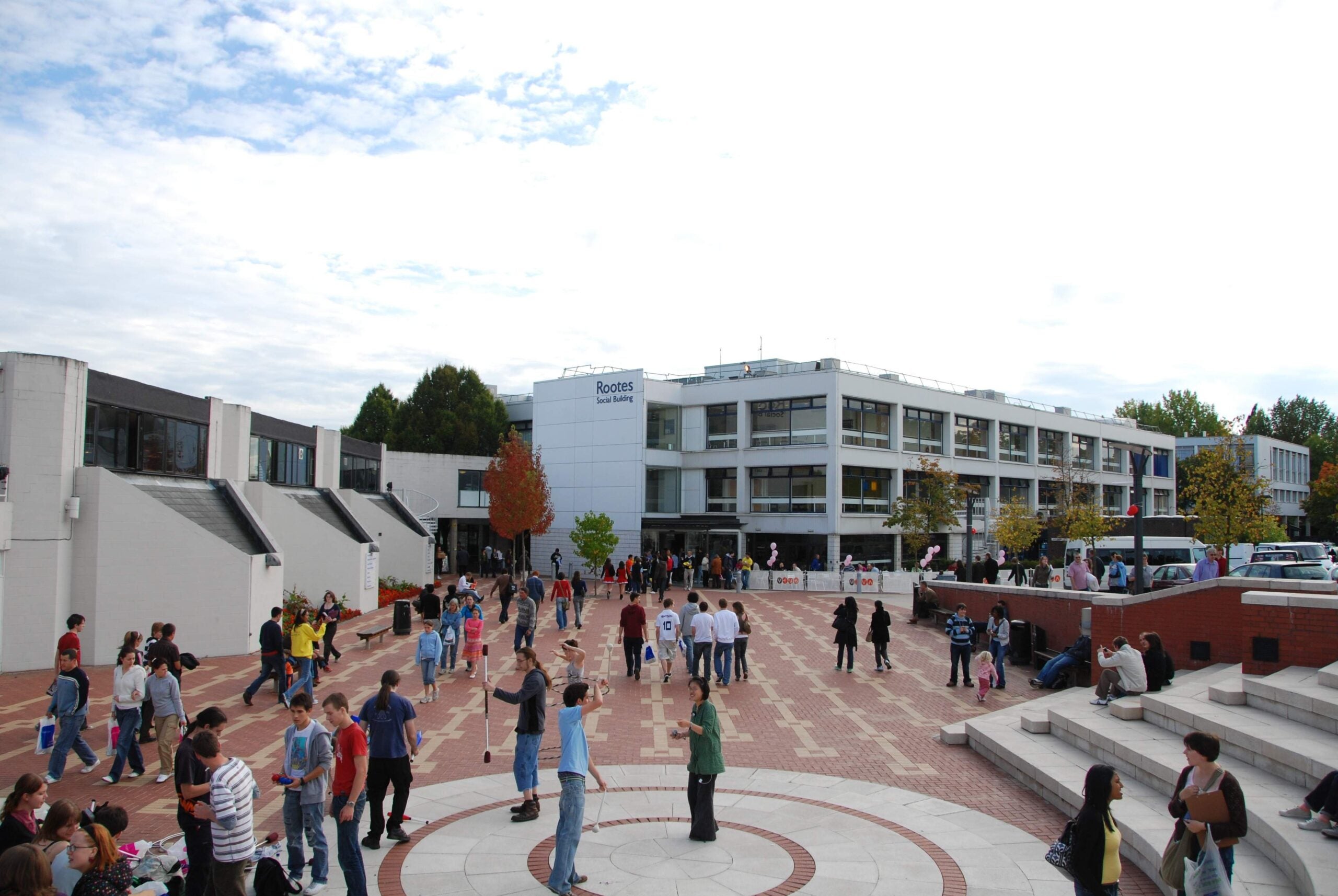
Researchers from the University of Warwick have developed a way to control the distribution of ribosomes in bacteria, which could enable scientists to program them to produce drugs.
Published in Nature, the study, titled ‘Dynamic allocation of orthogonal ribosomes facilitates uncoupling of co-expressed genes’, demonstrates how the distribution of ribosomes in bacteria can be controlled by introducing ‘synthetic circuits’ to bacteria. Ribosomes are microscopic particles within cells that build proteins in order to keep the cell alive and functional, and synthetic circuits enable cells to perform enhanced, bespoke functions.

Discover B2B Marketing That Performs
Combine business intelligence and editorial excellence to reach engaged professionals across 36 leading media platforms.
“Synthetic biology is about making cells easier to engineer so that we can address many of the most important challenges facing us today, from manufacturing new drugs and therapies to finding new biofuels and materials,” said Declan Bates, co-director of the Warwick Integrative Synthetic Biology Centre (WISB) and co-author of the study.
“It’s been hugely exciting in this project to see an engineering idea, developed on a computer, being built in a lab and working inside a living cell.”
When a synthetic circuit was introduced to a cell, the team, comprised of researchers from the WISB at Warwick’s School of Engineering, and the Faculty of Health and Medical Sciences at the University of Surrey, reported ‘competition between circuit and host genes for shared cellular resources’.
By then introducing a feedback control loop, commonly used in aircraft flight control systems, the team was able to move ribosomes between host cell tasks and synthetic circuit tasks as need dictates, ensuring the cell remains alive, and can produce proteins that could be used to develop new drugs.

US Tariffs are shifting - will you react or anticipate?
Don’t let policy changes catch you off guard. Stay proactive with real-time data and expert analysis.
By GlobalData“The ultimate goal of the selective manipulation of cellular functions like the one carried out in this project is to understand fundamental principles of biology itself,” said José Jiménez, a lecturer at the Faculty of Health and Medical Sciences at Surrey and co-author of the paper.
“By learning about how cells operate and testing the constraints under which they evolve, we can come up with ways of engineering cells more efficiently for a wide range of applications in biotechnology.”
The synthetic circuits produced significant amounts of Chromobacterium violaceum, a bacterium that has demonstrated anticancer and antibacterial properties, and is otherwise difficult to produce.





